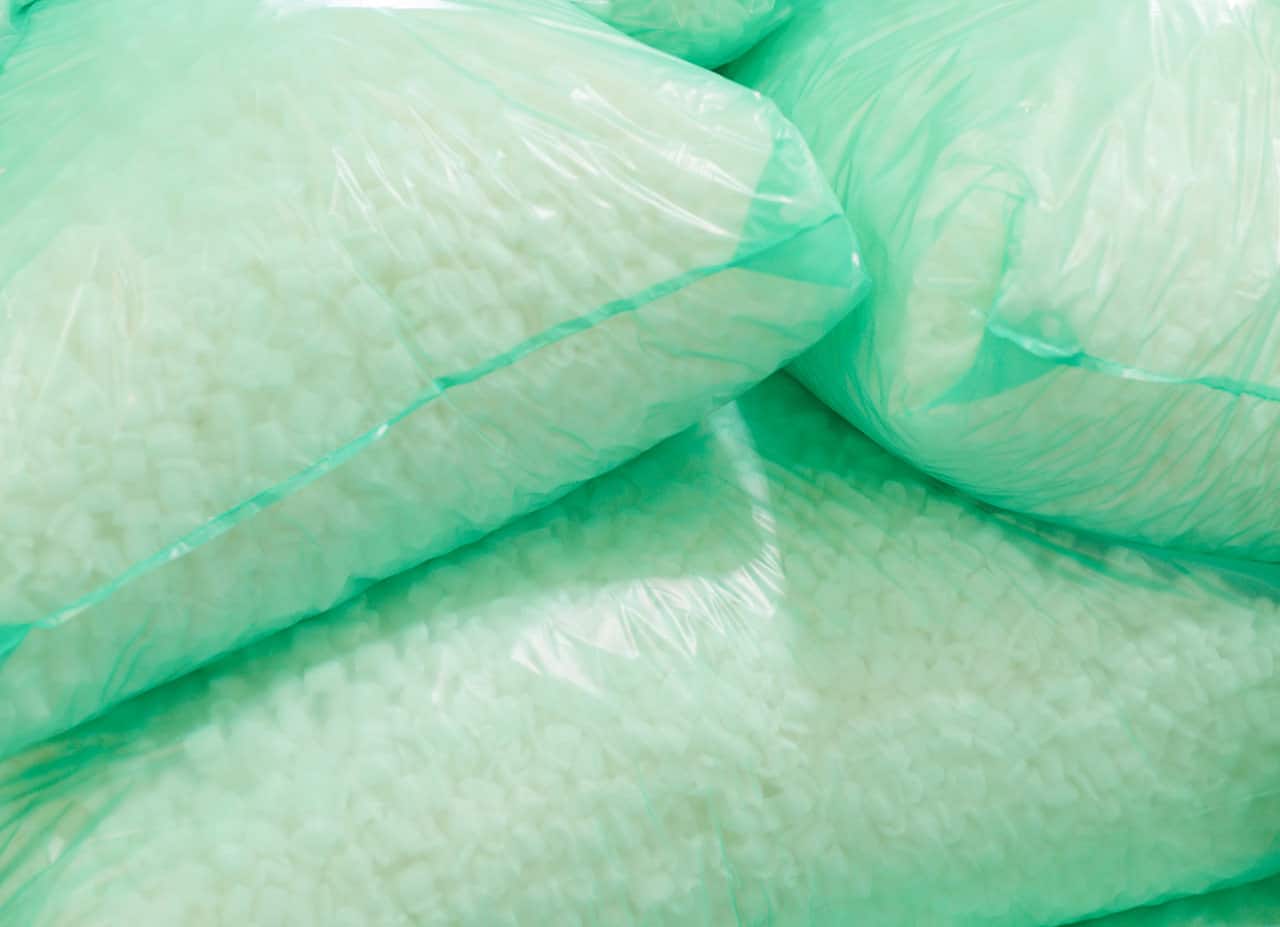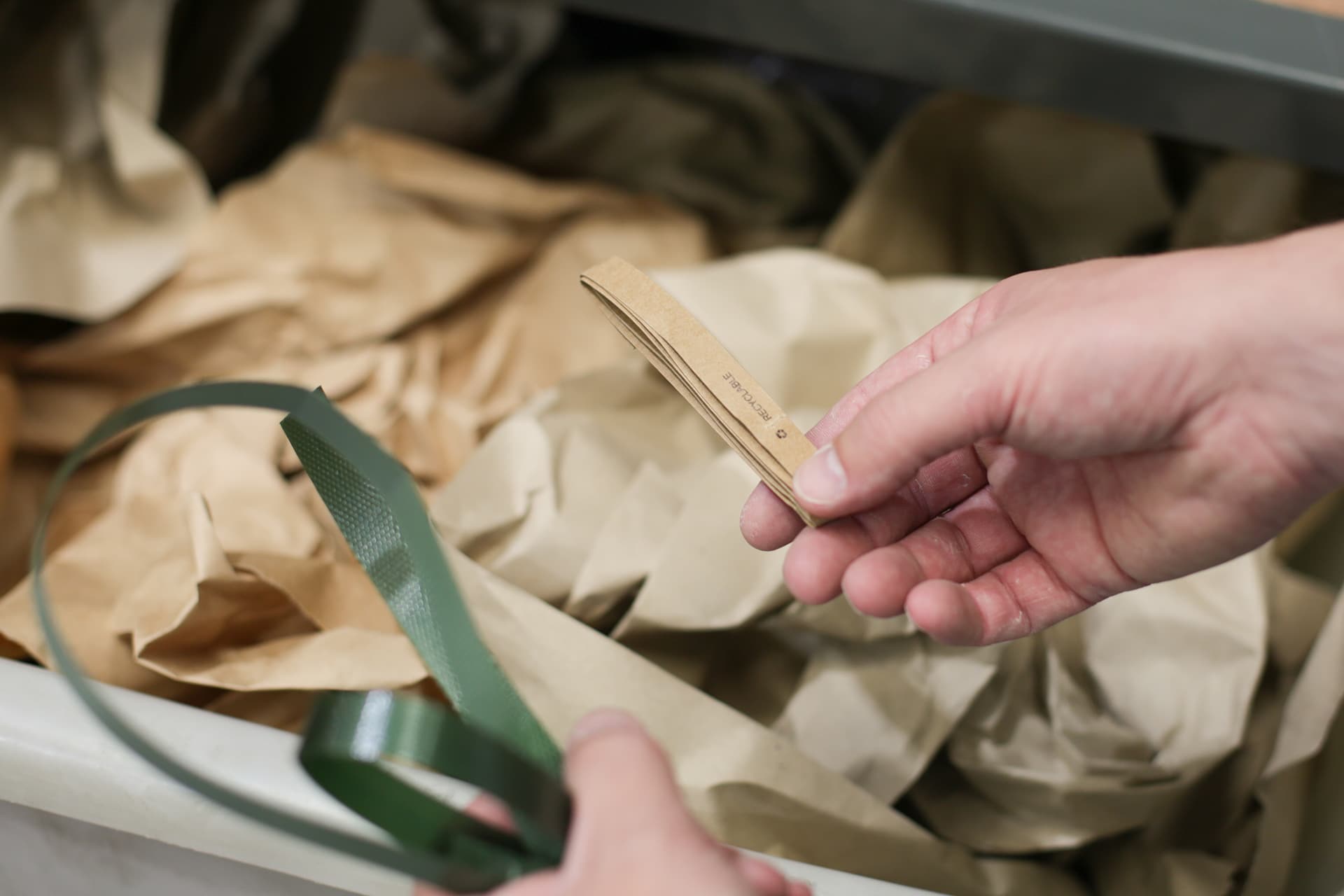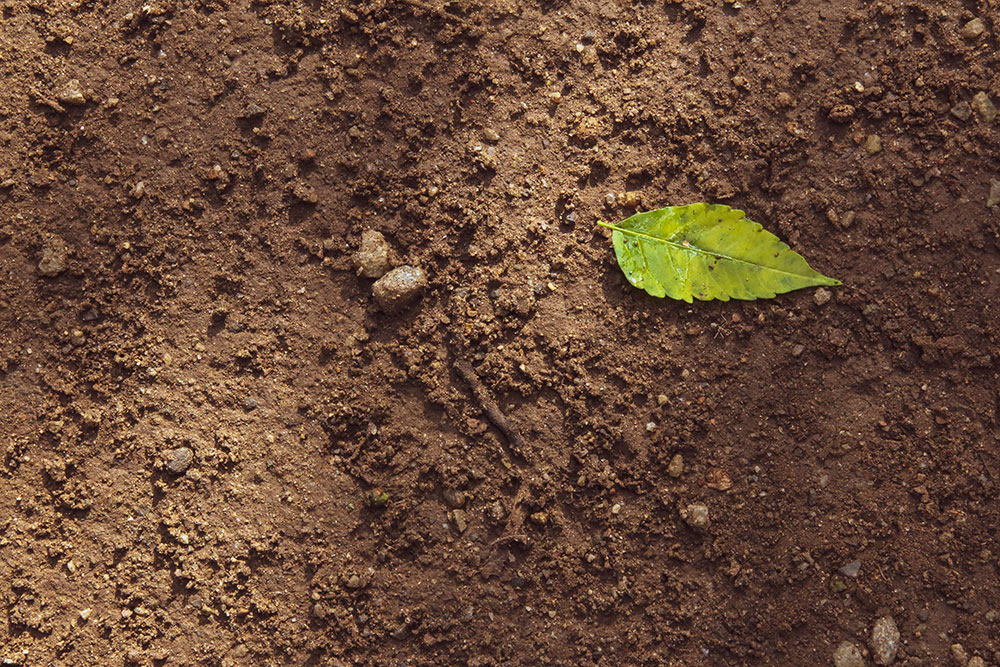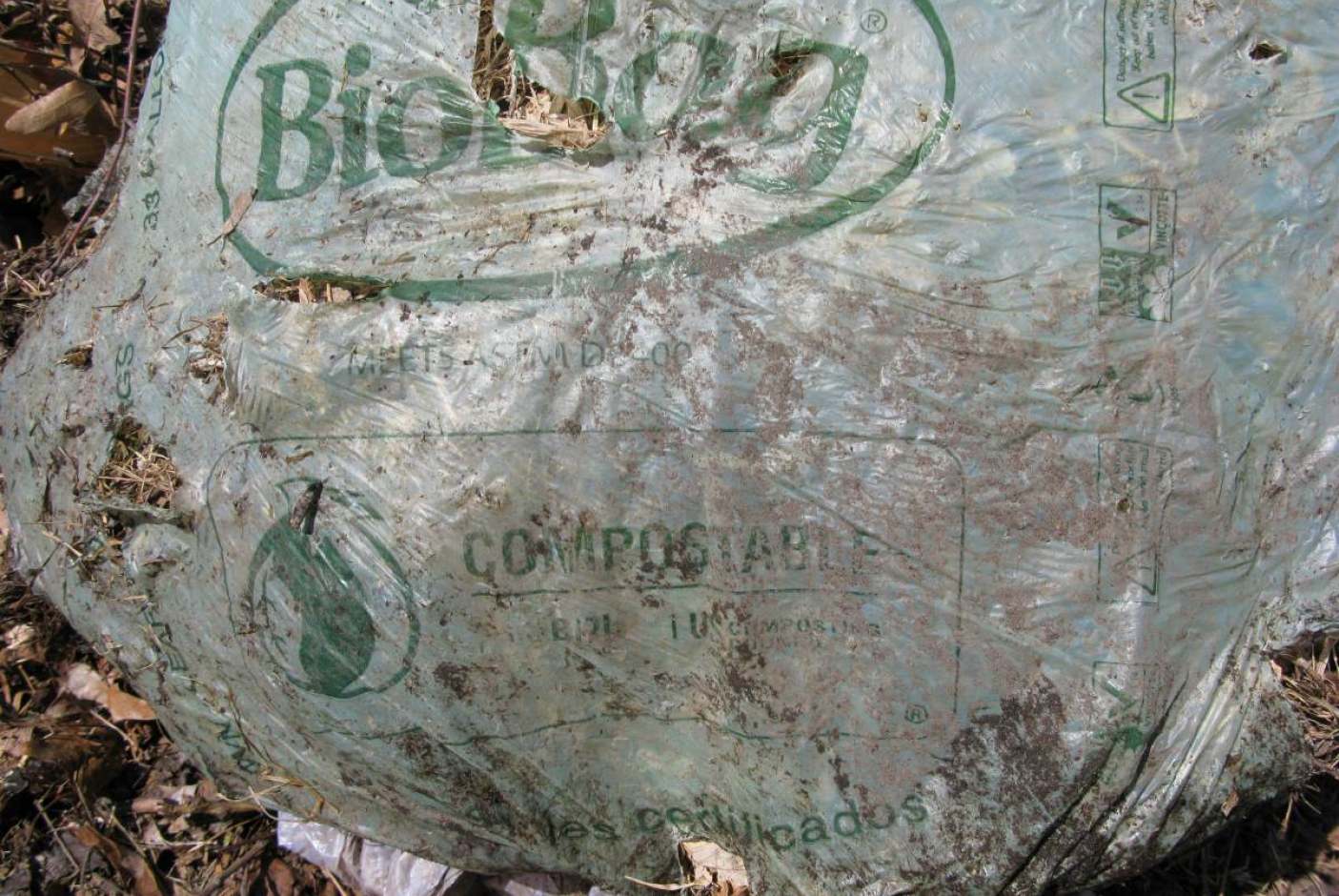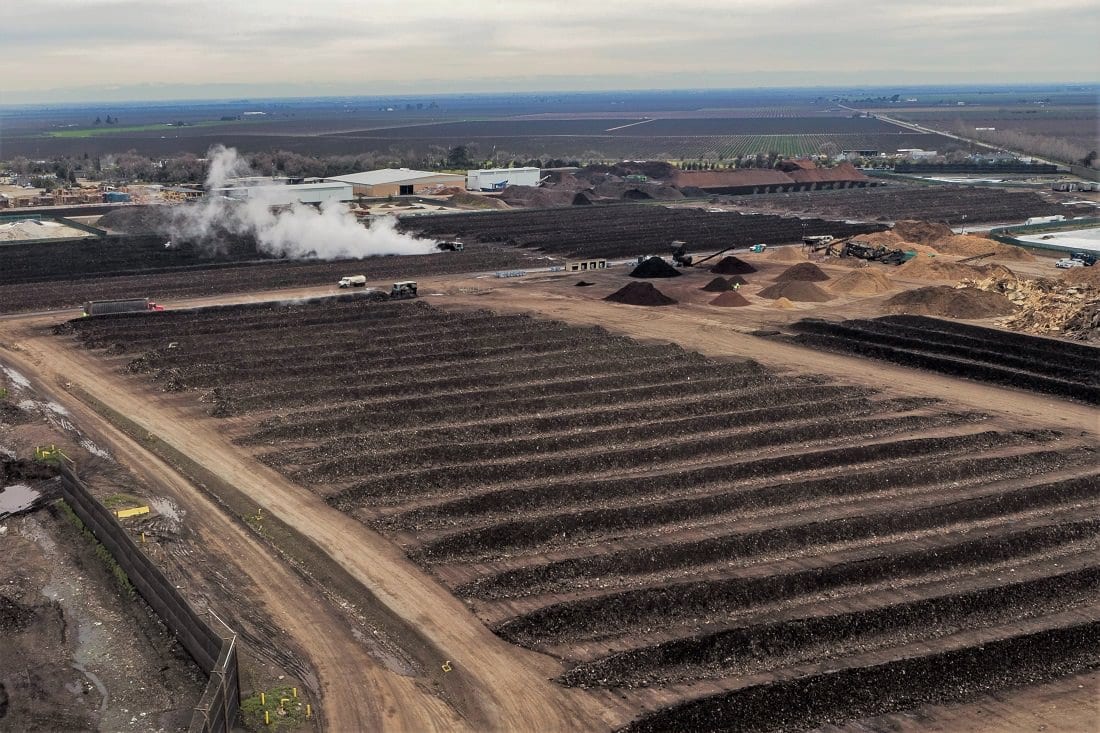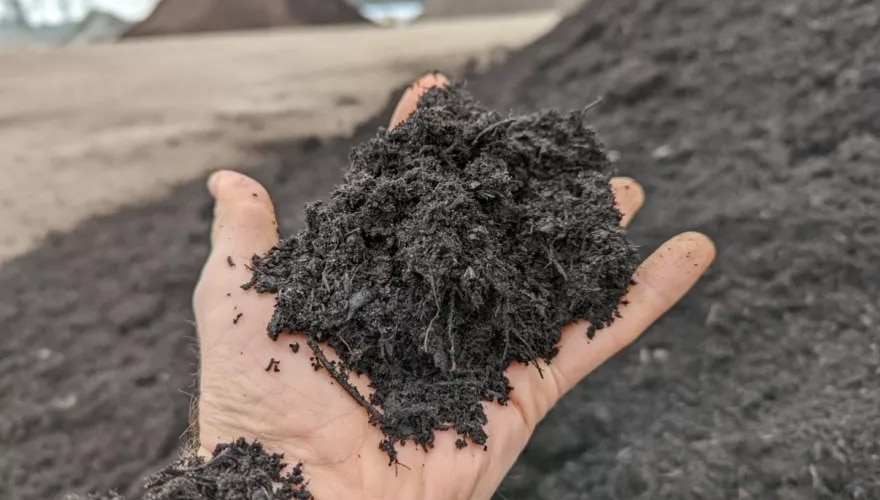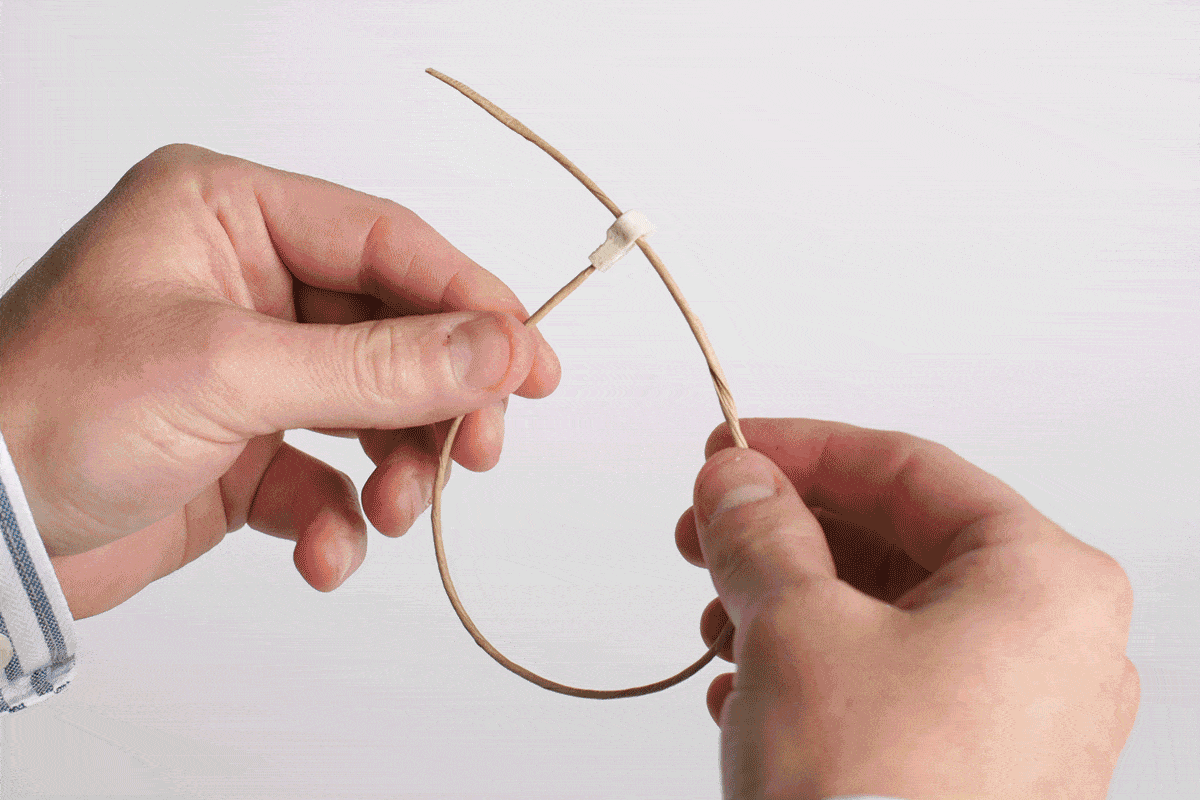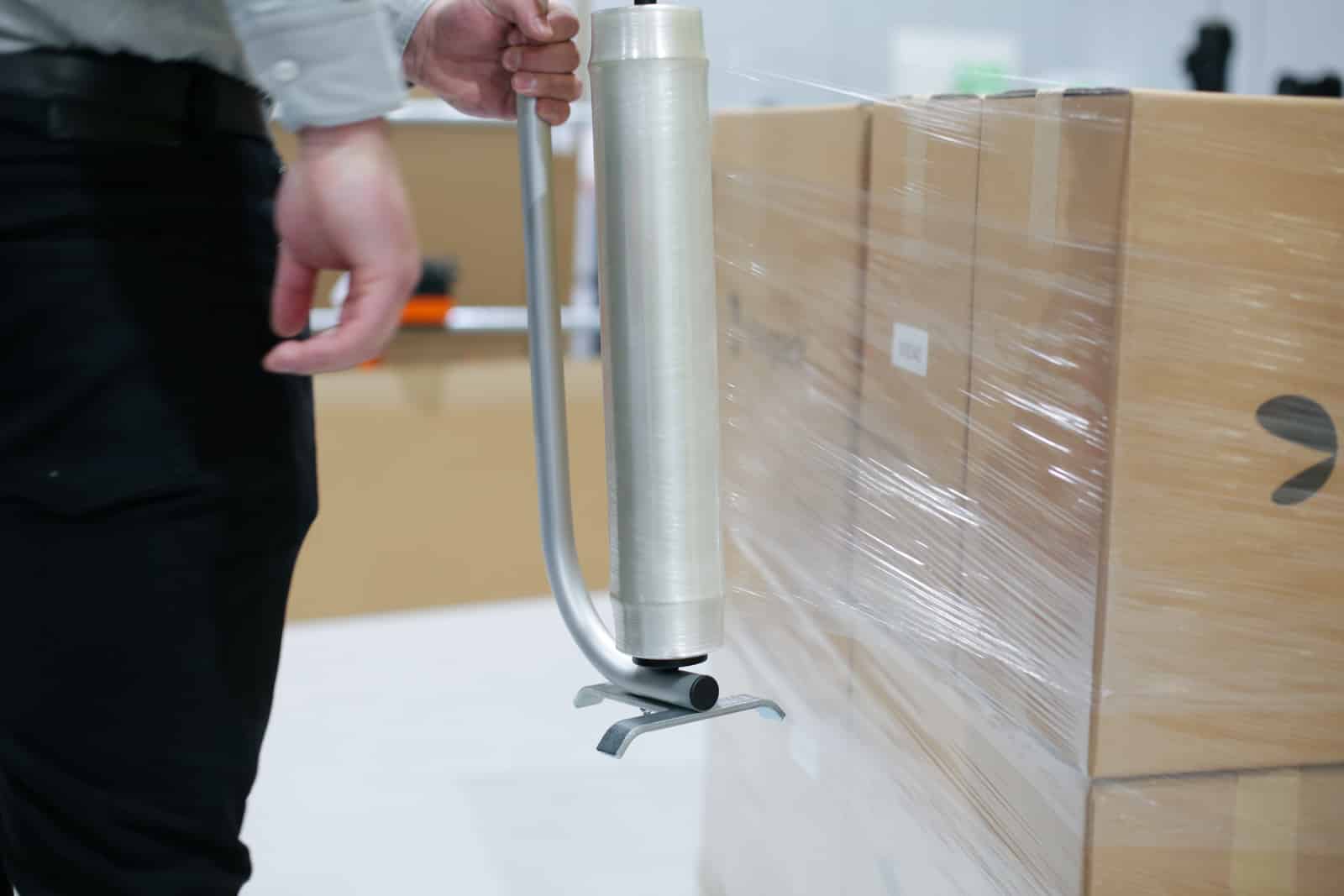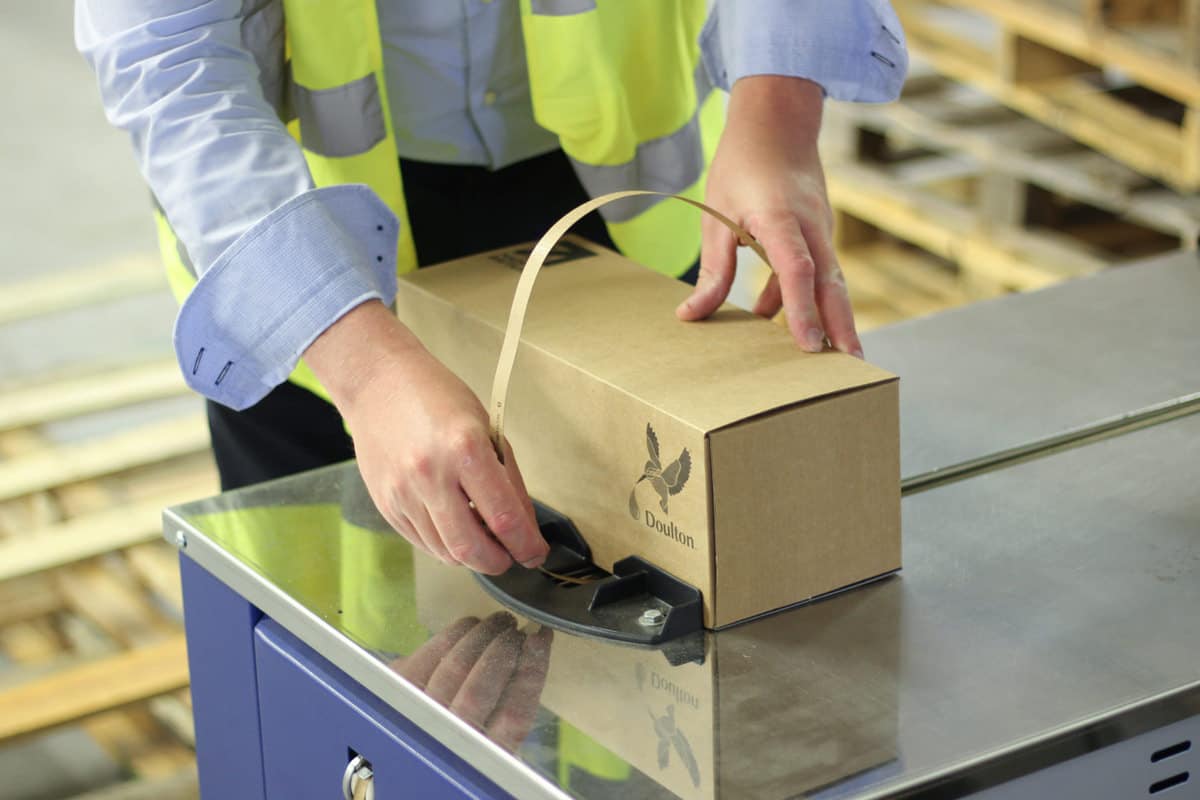Home Compostable – What Does It Actually Mean?
If packaging is claimed to be home compostable, it must be suitable to be placed in the compost bin or heap at home, along with all the other organic waste material such as fruit and vegetables, garden, and grass cuttings. Meaning that any home compostable packaging component materials must decompose into organic soil at temperatures that home compost bins and heaps commonly reach, including printing ink, transparent screens, and resealable zippers.
The main difference between home compostable and compostable packaging is their ability to decompose at different temperatures. The industry standard for composting in the UK is the EN 13432. It states that a home compostable package must be able to ‘disintegrate’ at temperatures between 20-30°C. After six months, over 90% of the product must pass through a 2mm sieve. Which, as you can imagine, is a tiny sieve!


